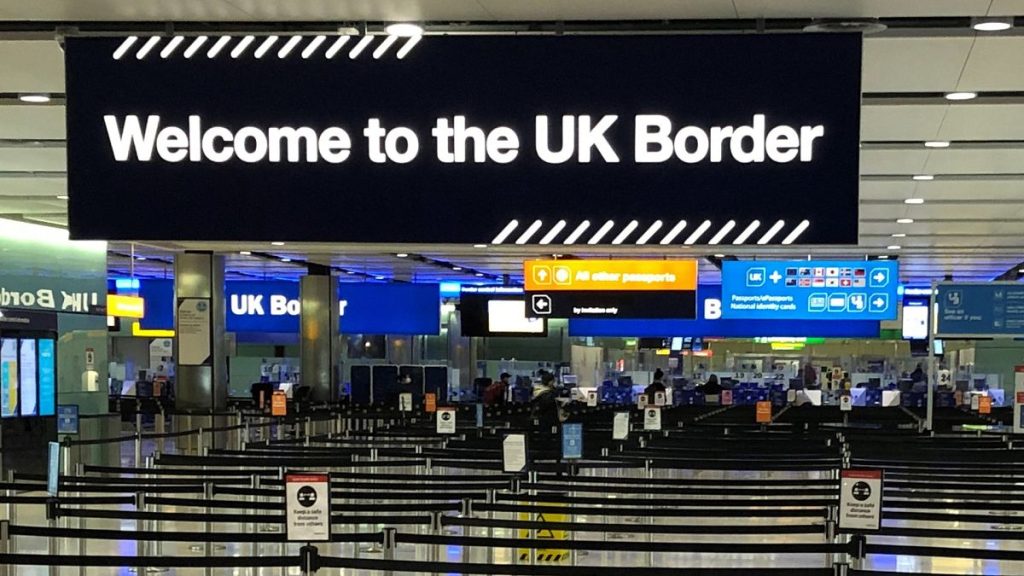The United Kingdom is implementing a new Electronic Travel Authorisation (ETA) system, a digital pre-travel authorization mandatory for eligible non-EU travelers seeking entry. This initiative forms a key part of the UK’s strategy to fully digitize its border control by 2025, streamlining the entry process for millions of visitors while enhancing security. The ETA system replaces the previous Electronic Visa Waiver (EVW) program, offering a more cost-effective and convenient option with multi-entry validity for a two-year period.
The rollout of the ETA scheme has been phased. Initially launched for citizens of the Gulf Cooperation Council states and Jordan, the system expanded to encompass all eligible non-European nationalities, with mandatory application effective from January 8, 2025. European citizens will be required to obtain an ETA from April 2, 2025, with applications opening on March 5, 2025. This comprehensive system will ultimately cover a vast majority of international visitors to the UK, including millions from countries like the US, Canada, and Australia, previously exempt from any pre-travel authorization requirements.
Applying for an ETA is designed to be a straightforward online process, primarily facilitated through a mobile application. Applicants require a valid biometric passport, an email address, and a payment method. They must also answer a series of suitability questions. The application fee is significantly lower than the previous EVW, set at £10. Most applications are expected to be processed within 72 hours, and travelers are advised to apply well in advance of their intended travel date. The ETA grants permission to enter the UK for various purposes, including tourism, family visits, business trips, or short-term study, for up to six months.
The ETA is distinct from a visa, serving as a pre-travel authorization rather than a full visa. Those requiring a visa due to their nationality will still need to obtain the appropriate visa in addition to the ETA. The ETA itself covers a wide range of visit purposes, allowing multiple entries for up to six months within its two-year validity. However, it does not permit engaging in paid or unpaid work. Specific exemptions to the ETA requirement apply to British and Irish citizens, individuals with existing UK visas or residence permits, holders of British Overseas Territories Citizen passports, and residents of Ireland traveling from Ireland, Guernsey, Jersey, or the Isle of Man.
The introduction of the ETA system represents a significant step in the UK’s border modernization program, aiming to create a more efficient and secure border control process. The digital nature of the system is expected to reduce queues at border checkpoints, expediting legitimate travel. The ETA also strengthens the government’s ability to screen travelers in advance, enhancing security measures. It is envisioned that this system will pave the way for more seamless and automated border procedures, contributing to a smoother travel experience.
Looking ahead, the UK government envisions even more streamlined border processes, potentially incorporating features like contactless corridors. These would leverage technologies such as facial recognition, allowing pre-approved travelers to bypass traditional passport control and proceed directly through automated checkpoints. This would require travelers to submit biometric data, including facial images, as part of their ETA application, further enhancing the efficiency and security of the border control process. The ETA scheme thus marks a significant shift towards a fully digital, integrated, and automated border management system, promising a more secure and efficient experience for travelers entering the UK.














